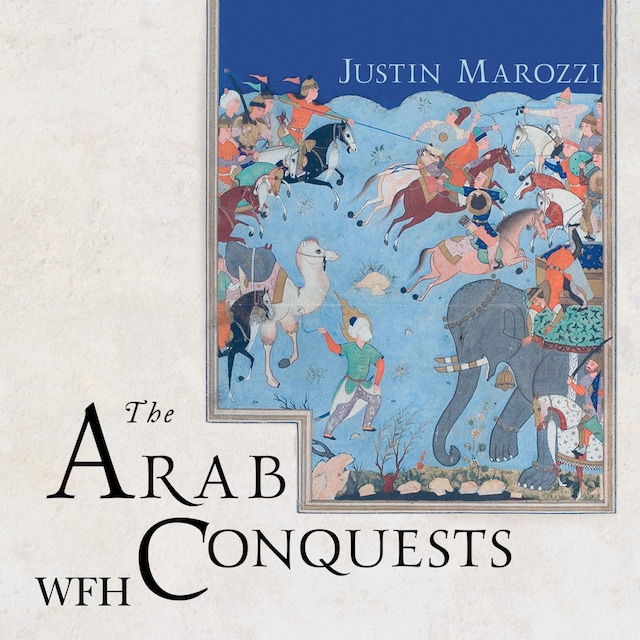
The Arab Conquests
Description of the book



